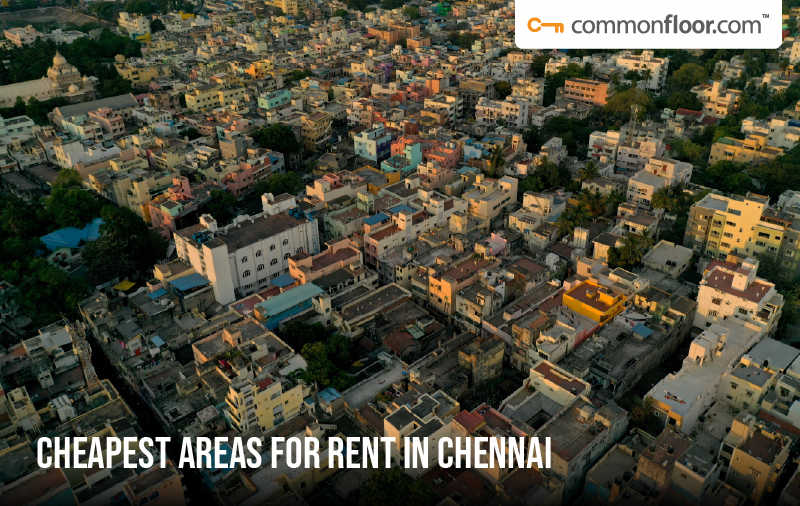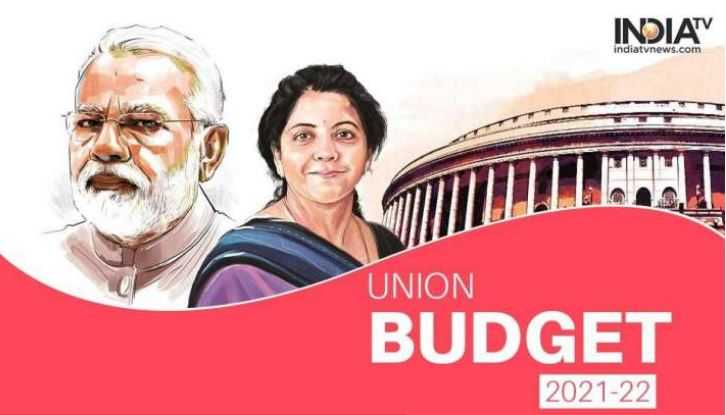Tax Incentives and Budget Reforms can Boost Real Estate Development
Reforms, rationalisation of taxes and higher rebates for individuals and specific instruments/entities could spark a quicker turnaround in the real estate industry.
 Through the upcoming Union Budget 2015-16, the Government should address the problems of the realty sector through customers as well as developers. After the downslide due to the 2008 global economic crisis, the realty sector has been seeking a suitable trigger to rebound. The biggest cue will be a drop in interest rates and higher tax incentives on the interest component of realty loans.
Through the upcoming Union Budget 2015-16, the Government should address the problems of the realty sector through customers as well as developers. After the downslide due to the 2008 global economic crisis, the realty sector has been seeking a suitable trigger to rebound. The biggest cue will be a drop in interest rates and higher tax incentives on the interest component of realty loans.
With inflation moderating sharply in recent months, the RBI can progressively lower interest rates. This will encourage fence-sitting customers to finally purchase their dream homes. To clear project hurdles and promote timely deliveries, single-window clearance is imperative too. This single reform could completely transform real estate in India. Moreover, infrastructure status should be accorded to the sector so funds can be accessed easily on benign terms. Again, this will usher a radical change and attract immense capital on competitive terms, thereby curbing the cost of homes for customers.
If infrastructure status for the industry is not possible, such a status can be conferred on integrated townships, which entail developing residential, institutional, educational, medical, commercial and community buildings, etc. Integrated townships will also develop numerous facilities such as roads, water supply, sewage systems, sanitation, electrification, landscaping, horticulture and other civic services, etc. Infrastructure approval could be granted with the rider that these facilities/services would ultimately be handed over to the respective State Governments/Local Bodies, being akin to BOT (Built, Operate & Transfer) projects.
After reforms in the Land Acquisition Act, additional land holdings should be made available to developers, which will control rising land costs. The Government’s vision of Housing for All by 2022 and the creation of 100 Smart Cities may then became a ground reality within the official deadlines.
Recently, Sec 24 deductions were raised to a maximum of Rs200,000 for interest on loans taken for acquisition or construction of self-occupied house property. Though laudable, given the increased costs of living today, this should be raised to Rs300,000 per annum. Besides, the ceiling under tax benefits for home loan repayments is capped at Rs100,000 for principal paid, which is low, especially when home loan repayments are clubbed with other tax-saving instruments. The existing limit can either be hiked or principal repayments considered as a standalone tax exemption, distinct from other tax-saving tools.
Although 100% FDI in construction via automatic route is laudable, REITs (Real Estate Investment Trusts) may not succeed wholly if distribution of profits by Special Purpose Vehicle (SPV) is subject to Dividend Distribution Tax (DDT). Accordingly, DDT should be scrapped on distribution of dividends by SPV to REITs. Moreover, anomalies in taxation for non-residents and long-term capital gains tax on disposal of REITs units by sponsors should also be eliminated to encourage investments. Finally, GST (Goods and Services Tax) should be implemented at the earliest, since this will trigger cascading benefits for real estate and other industries across India.
Ravi Saund, Chief Operating Officer – JMS Buildtech Private Limited
The views expressed in this article are author´s own.







